The beginning
Albert Einstein was born on 14 March 1879 in Ulm, Württemberg, Germany, and grew up in a Jewish family. His father, Hermann Einstein, was a salesman and engineer and, together with his brother, set up a company that manufactured electrical equipment. It was based in Munich, Germany and was named: Elektrotechnische Fabrik J. Einstein & Cie. His mother, formerly Pauline Koch, was a housewife. Einstein had one sister, Maja, who was born two years after him.
Einstein attended primary school at the Luitpold Gymnasium in Munich. He liked classical music and sang at the violin. However, he felt distracted and tormented by the rigid Prussian education he received there. He had a deficiency in the oral speech, which occurs at a slow pace in speech and pause to think about what he is going to say. Later, Einstein wrote about two moments that marked his childhood. One of them was a compass meeting at the age of five when he was fascinated by the needle-moving force. The second moment took place at the age of 12 when he discovered a geometry book he read many times.
In 1889, the Einstein family invited a Polish poor student of the medicine school, Maz Talmud, to come to their home every Thursday for dinner. Talmud became an informal meditator for the young Albert, whom he taught advanced mathematics and philosophy. One of the books that Talmud lent to Albert was a children's science book where the author imagined a walk alongside the electricity running through a telegraph cable. Einstein began to wonder how a ray of light would look if you ran side by side with her at the same speed. If the light had been a wave, then the light beam would have seemed like it did not move, like a frozen wave. Although, in fact, the ray of light is moving. This paradox made him write the first "scientific work" at the age of 16, "Analysis of the state of ether in the magnetic fields." This problem of relative speed towards a still observer and the observer moving with the light was a matter that will take over his thoughts for the next 10 years.
In 1894, Hermann Einstein's company failed to obtain an important contract to be able to install an electrical network in Munich, and he was forced to move to his family in Milan, Italy. Albert stayed at a Munich boarding school that belonged to a relative in order to complete his studies at the Luitpold Gymnasium. When he was at the age to enroll in the army, Albert withdrew from school and used a doctor's note, claiming he suffered from nervous fuss to justify his refusal to enroll. In this way, he arrives in Milan to join his parents. They shared their feelings, but they were worried about the future consequences that Albert should face as a result of dropping out of school and avoiding military service and lacking skills to help him find a job.
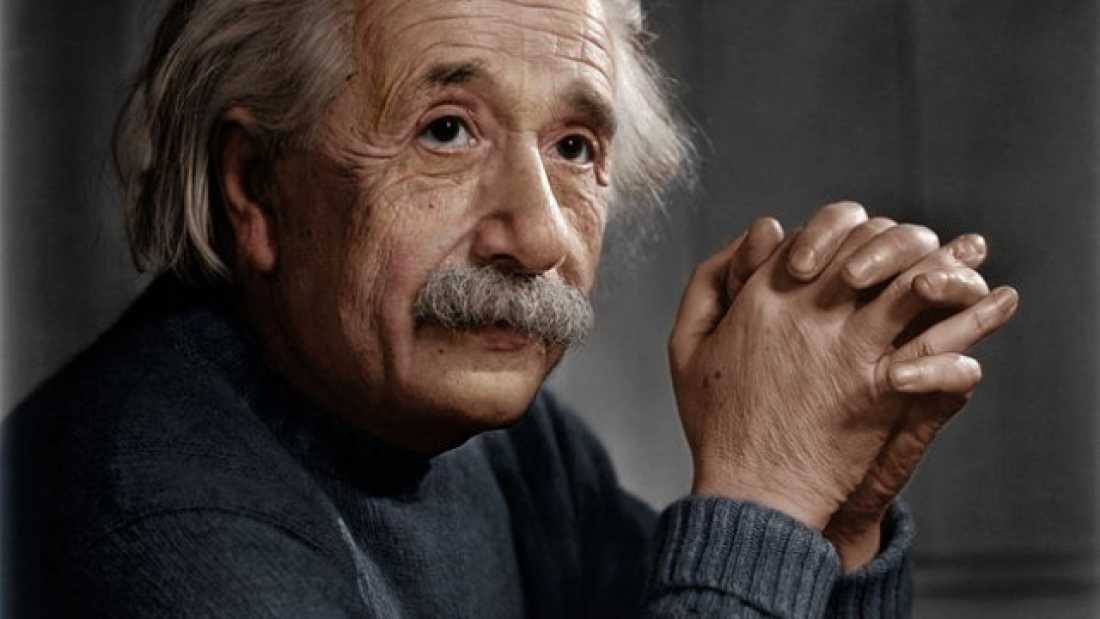
image source
Fortunately, Einstein was able to register directly at the Swiss Federal Polytechnic School (Eidgenössische Polytechnische Schule) in Zurich, Switzerland. Because he lacked the equivalent of a high school diploma, Albert had little trouble with the admission exam, but he had an outstanding score in mathematics and physics. Because of this, he was admitted to school provided he finished his first part of the studies. He went to a special high school led by Jost Winteler in Aarau, Switzerland, and graduated in 1896 at the age of 17. He became a lifetime friend with the Winteler family, where he lived and fell in love with their daughter, Marie. At that time, Einstein renounced German citizenship to avoid military service and enrolled in the Zurich school.
Einstein will remember that the years spent in Zurich were the happiest of his life. He met many students who would become loyal friends, such as Marcel Grossmann, a mathematician, and Michele Besso with whom he enjoyed having long conversations about space and time. At the same time, he met his future wife, Mileva Maric, a student of physics.
After graduating from the Polytechnic Institute, Albert Einstein faces a series of crises in the coming years. Because he was self-taught, he got rid of the courses, earning the antipathy of some of his teachers. One of them, in particular, Heinrich Weber, wrote a letter of recommendation at Einstein's request to be rejected for all the academic positions he applied after graduation. Meanwhile, his relationship with Maric became deeper, but his parents stubbornly opposed it, arguing for her Serbian past and Christian-Orthodox religion. Einstein confronted his parents and continued to meet Maric. In January 1902, they had a daughter, Lieserl, who either died because of a disease or was given to adoption - it is not known exactly.
This is the most difficult time in Albert Einstein's life. He could not marry Maric and maintain a family without a job, and his father's business went bankrupt. Being unemployed and desperate, Einstein was meditating on children, but he could not keep up with it. Things took an interesting turn at the end of the year 1902 when the father of his life-long friend, Marcel Grossmann, recommended him for an official post at the Swiss patent office in Bern. At the same time, Einstein's father became seriously ill, and even before giving his last breath, he gave him the blessing to marry Maric. Einstein married Maric on January 6, 1903, having a small but stable income. In May 1904 they had their first son, Hans Albert. The second son, Eduard, was born in 1910.
The miraculous year
At the patent office, Albert Einstein evaluated patent applications for electromagnetic devices. He took his job quickly, leaving time to think about the transmission of electrical signals and electromechanical synchronization, which had prompted his interest for a few years. While at the polytechnic school, he studied the electromagnetic theories of the Scottish physicist, James Maxwell, describing the nature of light. So he discovered that the speed of light remained constant, something unknown even to Maxwell himself. However, the new discovery violates Newton's laws of motion because there is no speed in Newton's theory. This observation causes Einstein to formulate the principle of relativity.
In 1905, often called Einstein's "Miraculous Year", he writes a thesis for his doctorate, and four other papers are published in Annalen der Physik, one of the most widely recognized physics journals. The four works - the photoelectric effect, the Brownian motion, the special relativity and the equivalence between matter and energy - will change the course of modern physics and bring it to the attention of the academic world. In the paper on matter and energy, it deduced the well-known equation E = mc2, suggesting that small particles of matter can be transformed into huge accumulations of energy, anticipating the development of nuclear power. There has been speculation that Einstein and his wife, Maric, worked together on the physics's famous 1905 papers, but historians who studied the subject found no evidence of its involvement. In fact, in the works, Einstein mentions conversations with Michele Besso in the elaboration of relativity.
At first, Einstein's 1905 papers were ignored by the physicists community. Things began to change when it got in the attention of Max Planck, the most influential physicist of his generation and the founder of quantum theory. Receiving Planck's laudatory remarks through experiments confirming his theories, Einstein was invited to lecture at international meetings, advancing rapidly into the academic world. He was offered a number of positions at the most prestigious institutions, including the University of Zurich, the University of Prague, the Swiss Federal Institute of Technology, and finally the University of Berlin where he was director of the Keiser Physics Institute Wilhelm between 1913-1933.
Einstein's marriage broke up with his success. The frequent travels and the intense study of his work, the quarrels about the children, and the few incomes of his family have led Einstein to conclude that his marriage is over. He began an affair with a cousin, Elsa Löwenthal, with whom he later married. In 1919 he divorced Mileva, setting out to give her the money he might receive if he ever won a Nobel Prize.
The Theory of Relativity
In 1915, the physicist completed the general theory of relativity, which he considered his masterpiece. He was convinced that general relativity was correct because of his mathematical beauty and because he accurately predicted the perihelion of Mercury's orbit around the Sun, which was incomplete in Newton's theory. The general theory of relativity has also predicted a measurable deviation of light around the Sun when a planet or another sun orbits around it. This anticipation was confirmed in observations made by the British astronomer Sir Arthur Eddington during the solar eclipse of 1919. In 1921, Albert Einstein received the news that he had won the Nobel Prize for Physics. Because relativity was still a controversy, Einstein received the prize for explaining the photoelectric effect.
In the 1920s, Einstein launched the new science of cosmology. His equations have foretold that the universe is dynamic, always being expanding or contracting. This contradicted the general view that the universe is motionless, a perspective that Einstein supported earlier, being a reference in the development of general relativity theory. His next calculations indicated that the universe could expand or contract. In 1929, astronomer Edwin Hubble discovered that the universe is expanding, thus confirming Einstein's work. During his visit to the Mount Wilson Observatory near Los Angeles in 1930, Einstein met Hubble and said that this cosmological constant, his original theory of inertia size and the shape of the universe, is "his biggest gaff".
While Einstein was touring the world to present his theories in the 1920s, the Nazis took power under the leadership of Adolf Hitler. Physics relativity theories have become a target of Nazi propaganda. In 1931, the Nazis enrolled other physicists to catalog Einstein and his theories as "Jewish physics." During this time, he learned that the German government, being under the total control of the Nazi Party, issued a law that prohibited Jews from holding any official office, including teaching at universities. He also learned that his name was on a black list and that a Nazi organization published a magazine with Einstein's photo with the slogan "Not yet hung."
In December 1932, Einstein decided to leave Germany forever. He accepted a post at the new Advanced Study Institute in Princeton, New Jersey, which has become a Mecca of physicists all over the globe. Here he spent the rest of his career trying to develop the theory of the unified field - an all-encompassing theory that should unify all the forces of the universe and, implicitly, all the laws of physics in one - to combat the accepted interpretation of quantum physics. Other European scholars who fled from different countries threatened by Nazi occupation fled to the United States. Some of these scientists knew that the Nazis wished to develop an atomic weapon and for a while their warnings to Washington, D.C. were not taken into account.
In the summer of 1939, Einstein, together with another scholar, Leo Szilard, were convinced to write a letter to President Franklin D. Roosevelt to alert him to the possibility of a Nazi atomic bomb. President Roosevelt could not risk the possibility that Germany could create an atomic bomb before the United States. It is believed that the letter was the key factor that motivated the United States to investigate the development of nuclear weapons. Roosevelt invited Einsten shortly to the White House after the United States initiated the Manhattan Project.
Shortly after he started his career at the New Jersey Institute, Albert Einstein showed appreciation for the "meritocracy" of the United States and for the right to free speech - things he could not enjoy in youth in Europe. In 1935, Albert Einstein was granted permanent residence in the United States and became an American citizen in 1940. Many of his colleagues were invited to help with the development of the atomic bomb, but Einstein was not among them. According to several researchers who have studied the FBI files over the years, it seems that the reason why the US government did not trust Einstein was to associate with socialist organizations throughout life. FBI Director J. Edgar Hoover recommended that Einstein should be expelled from America by the Foreign Exclusion Act, but was rejected by the US State Department. In the meantime, during the war, Einstein helped the US Navy assess to design the future weapons systems and contributed to the funds by offering invaluable personal manuscripts for auction. One example was a handwritten copy of his 1905 paper on Special Relativity that sold for $ 6, 5 million, and is now in the Library of Congress.
While on holiday, on August 6, 1945, Einstein heard that an atomic bomb was launched in Hiroshima, Japan. He soon became involved in the international effort to try to keep the atomic bomb under control and in 1946 he formed the Emergency Committee for Atomic Energy Researchers along with physicist Leo Szilard. In 1947, in an article he wrote for "The Atlantic Monthly," Einstein argued that the United States should not try to monopolize the atomic bomb but, instead, should supply the United Nations with nuclear weapons to keep them as an inhibitor. At that time, the physicist became a member of the National Association for the Advancement of Colored People. He corresponded with civil rights activist Du Bois and actively involved in African-American rights.
After the war, Einstein continued to work on many key aspects of the general theory of relativity, such as wormholes, the ability to travel in time, the existence of black holes, and the creation of the universe. However, it has isolated itself more and more from the rest of the physicists' community.
Due to the discovery of the secrets of atoms and molecules, encouraged by the atomic bomb, most scholars were working on quantum theory, not on relativity. Another reason why he distanced himself from his colleagues was his obsession with discovering the unified field theory. In the 1930s, Einstein launched himself in a series of private historical debates with Niels Bohr, the inventor of the Bohr atomic model. In a series of "planned experiments," Einstein tries to find logical contradictions for the quantum theory, but it is unsuccessful. In the last years, he ceased to oppose quantum theory, and incorporate it, along with light and gravity, into the theory of the unified fields that he elaborates.
In the last decade of his life, Einstein withdrew from public life, traveling rarely and limiting himself to long walks around the city with close friends engaging in profound discussions about politics, religion, physics, and unified field theory.
The last days
On April 17, 1955, while working on a speech in which he was preparing to commemorate Israel's seventh anniversary, Einstein suffered an abdominal aneurysm and suffered internal bleeding. He was taken to Princeton Medical University Center for treatment, but he refused surgery, believing that he had lived his life and was content to accept his fate. "I want to go when I want," he began then. "It does not make sense to extend our life artificially. I've done my tasks, it's time to go. And I will do it with elegance. "Einstein died at the Medical University Center the following day - April 18, 1955 - at the age of 76
During the autopsy, Thomas Stoltz Harvey pulled out Einstein's brain, apparently without the family's permission for preservation and future study by neurologists. Its remains were burned and scattered in a secret place. After decades of study, Albert Einstein's brain is currently at the Princeton Medical University Center.
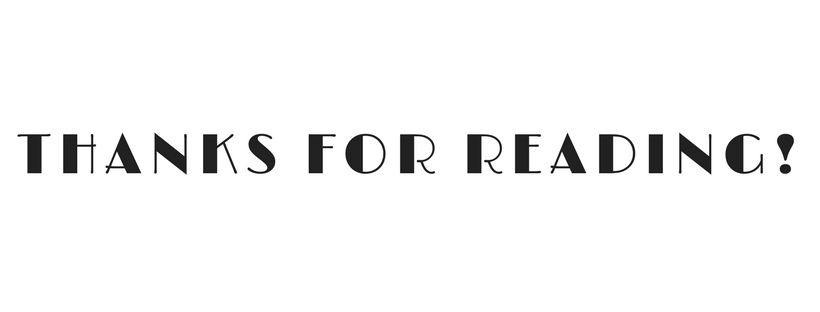
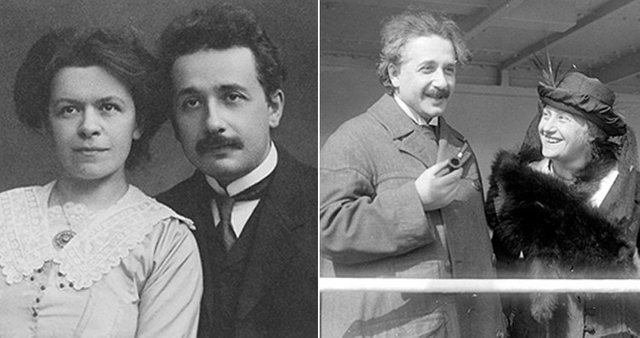
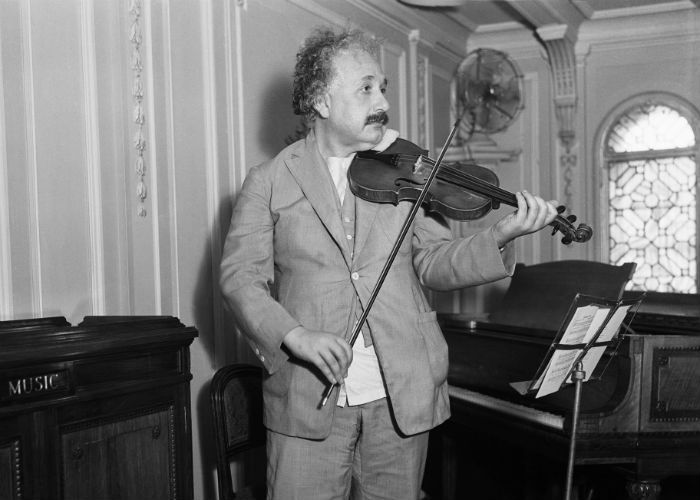

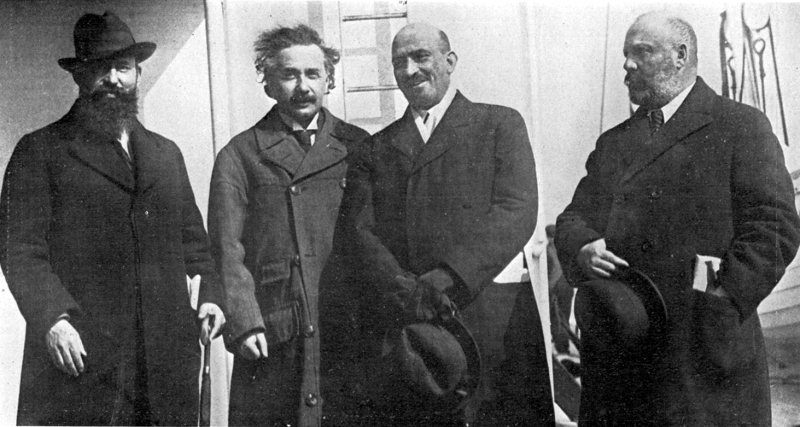
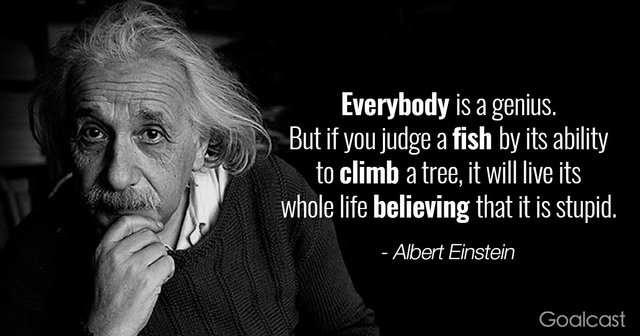
Hello,
We have found similar content: https://www.matrixdisclosure.com/albert-einstein-genius-relativity-theory/
Not indicating that the content you post including translations, spun, or re-written articles are not your original work could be seen as plagiarism.
These are some tips on how to share content and add value:
Repeated plagiarized posts are considered spam. Spam is discouraged by the community, and may result in action from the cheetah bot.
If you are actually the original author, please do reply to let us know!
Thank You.
More Info: Abuse Guide - 2017.
Downvoting a post can decrease pending rewards and make it less visible. Common reasons:
Submit
Thank you I thoroughly enjoyed that read. Albert's legacy had a great influence on my life, If we could all learn one thing from him it would be to 'dare to dream'
I made a post myself about him that you might like don't vote on it because its over a week old but just for your musing....https://steemit.com/trivia/@professorhobo/did-you-know
Downvoting a post can decrease pending rewards and make it less visible. Common reasons:
Submit